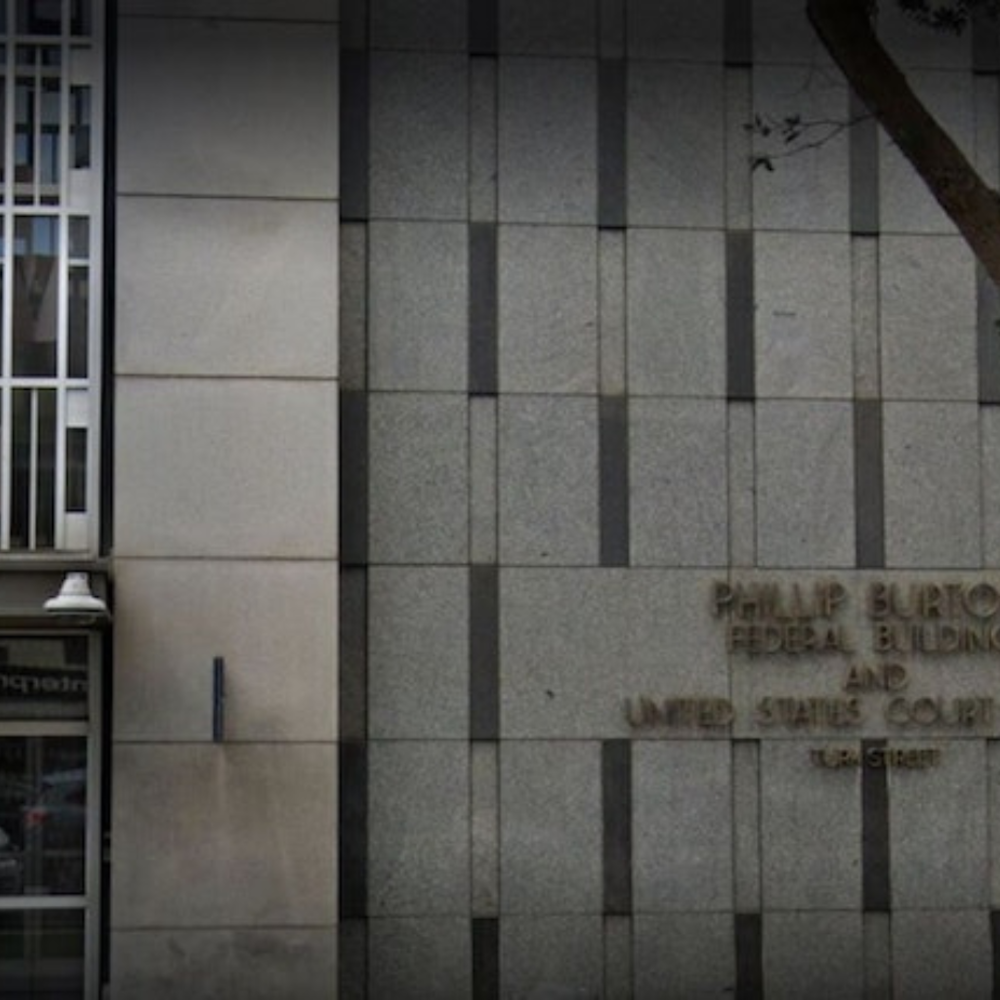
Breaking new ground for young women across Georgia, Sen. Nabilah Islam Parkes, representing Lawrenceville, has carved out her first legislative victory with the successful signage of SB 144 into law, marking her debut in shaping policy at the state capitol. In an era where political systems can seem sluggish, Parkes proves that fresh faces can indeed bring a breath of swift pragmatism.
Her landmark bill, aimed at reducing bureaucratic red tape and cutting down on unnecessary governmental expenditures, received the gubernatorial seal of approval from Gov. Brian P. Kemp, signaling an encouraging start to her tenure. Sen. Islam Parkes, a member of the Senate Committee on Veterans, Military, and Homeland Security, had the expertise needed to craft such a bill. In a statement, she expressed her pride and anticipated future efforts, saying, "I am honored that this is my first measure to be signed into law." With an eye toward the horizon, she vows, "I look forward to continuing my work for the 7th District by championing future legislation to serve Georgians across our state," according to a Senate Press release.
SB 144 streamlines the operational framework for the state's militia by removing outdated requirements that have long imposed an unnecessary burden on resources. The adjutant general will no longer need to compile and deliver an exhaustive roster of all commissioned officers in the annual report to the Governor. This requirement, until now, has been a tedious tradition devoid of practical function in the contemporary context.
Moreover, this legislative change puts an end to what some might call an archaic mandate: the obligation to index, print, bind, and distribute laws and regulations of the militia to all its forces. Her bill, a testament to an understanding that in the digital age, certain antiquities must yield before the flow of progress, proves to be an exemplification of tailored, responsive governance in the 21st century. A move that not only simplifies procedures but also presupposes the advantage of embracing modernity over cumbersome conventionality.









